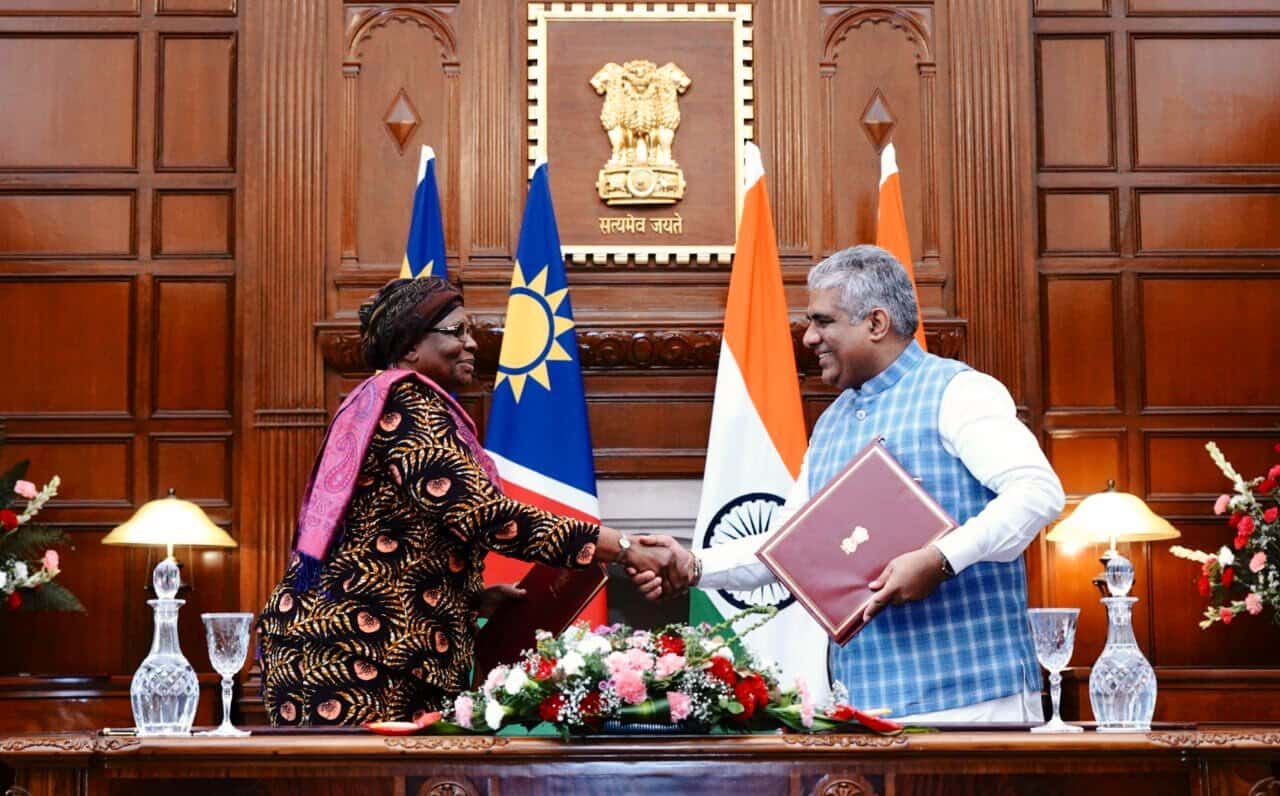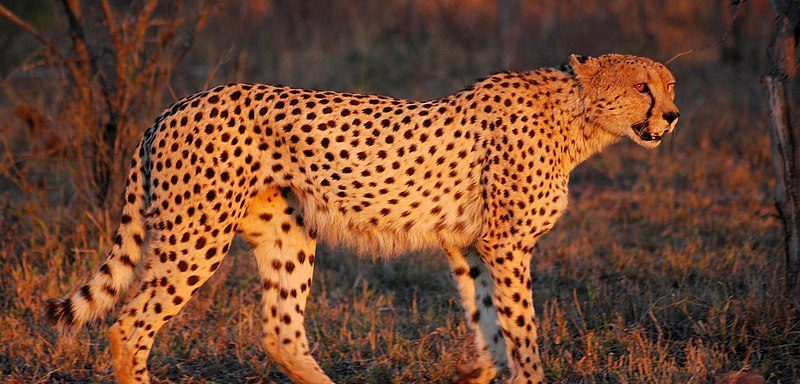The world’s fastest land animal that can reach speeds of up to 113 km/h, is crucial to India’s ecosystem but was officially declared extinct in India back in 1952.
The main reason for their extinction is mainly attributed to hunting and loss of habitat.
Now to begin the reintroduction of cheetahs to India, eight of the animals will be flown in from Namibia to Kuno National Park in the central state of Madhya Pradesh by August.
Namibia has the largest population of cheetahs in the world. This new deal with India will also see collaboration between the two countries on climate change, waste and wildlife management.
India’s Environment Minister, Bhupender Yadav, tweeted that the larger goal is to re-establish ecological function in India’s grasslands, which was lost after the Asiatic cheetah’s extinction in the country.

The efforts to reintroduce them back to India from Iran in the 1970’s was unsuccessful after the Iranian revolution.
Yadav said the cheetahs “would also greatly enhance local community livelihoods through eco-tourism prospects in the long term”.
“Completing 75 glorious years of Independence with restoring the fastest terrestrial flagship species, the cheetah, in India, will rekindle the ecological dynamics of the landscape,” Yadav added.
There has been an effort to introduce the animals back to India for some time, with the country’s supreme court announcing in 2020 that African cheetahs could be brought in a “carefully chosen location”.
Cheetahs are classified as a threatened species by the International Union for Conservation of Nature.
Currently, there are only around 7,000 remaining in the wild worldwide.






